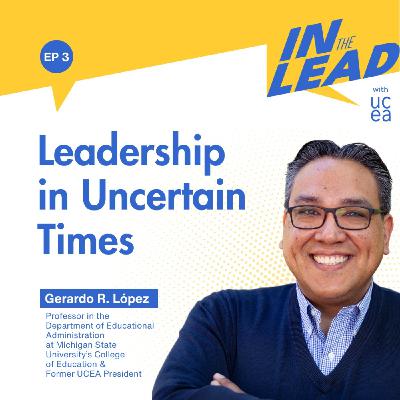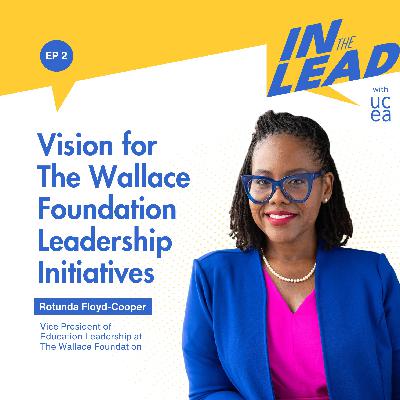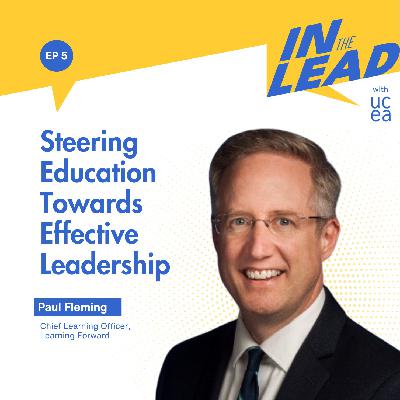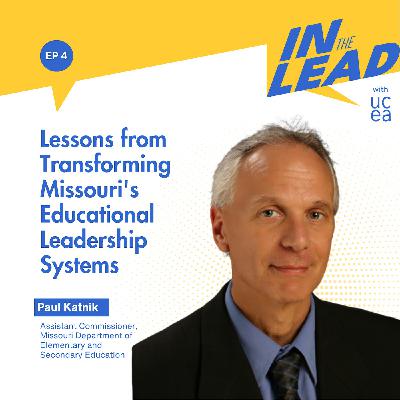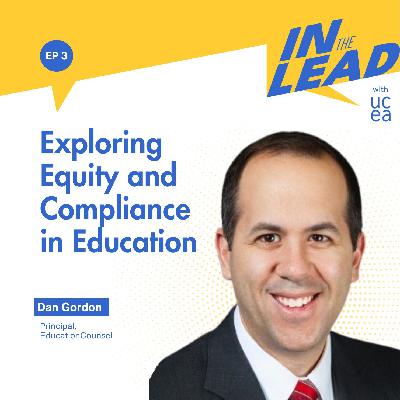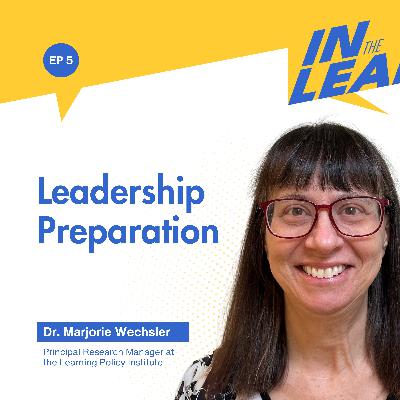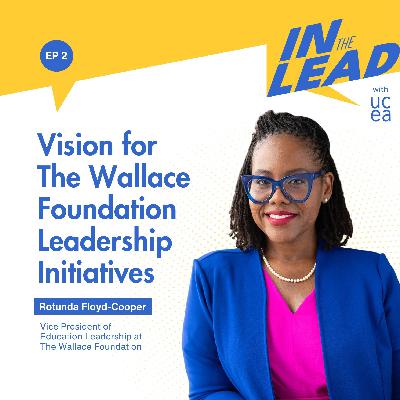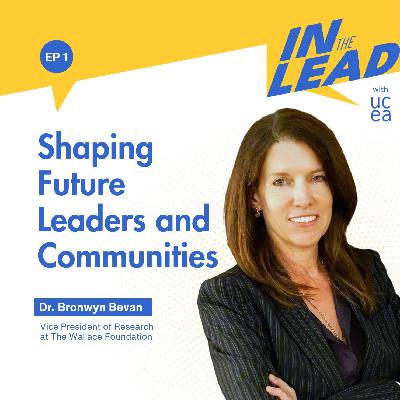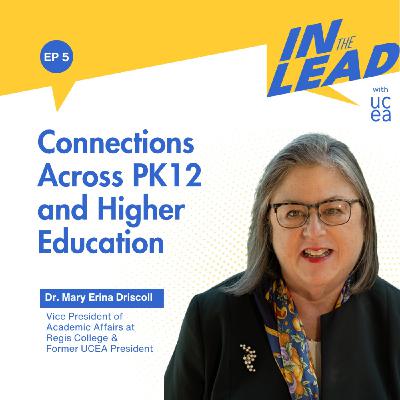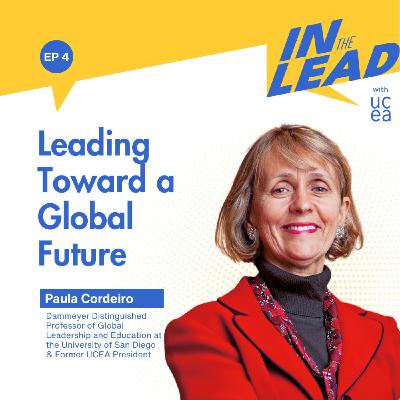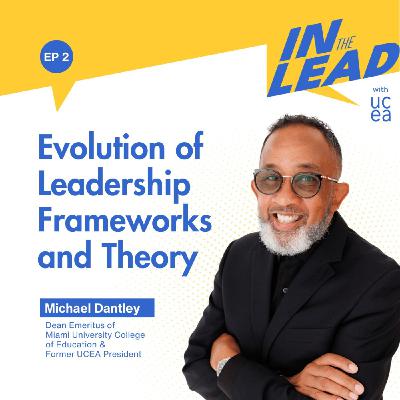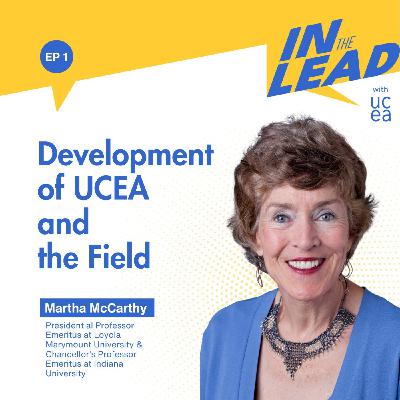Leadership in Uncertain Times with Gerardo R. López
Description
This episode of In the Lead with UCEA, Executive Director Dr. Mónica Byrne-Jiménez talks with Dr. Gerardo R. López, Professor in the Department of Educational Administration at Michigan State University’s College of Education, and president of UCEA from 2019-2020, about the layers of challenges that hit scholars and practitioners unexpectedly with the onset of the COVID-19 pandemic, testing many in the field on their ability to master crisis management. Gerardo provides a compassionate lens on the collective trauma endured by students, families, and educators, advocating for schools to morph into bastions of healing.
Mónica and Gerardo tackle the impact of the pandemic on disrupted research methodologies, highlighting the critical pivot our leadership must make to thrive in a world forever changed. Gerardo explains the essence of 'Fourth Wave Leadership', a philosophy he champions as critical for steering through the complexities of our interwoven global existence. This episode casts a spotlight on the necessity for systemic, holistic leadership that can pivot with challenges. Join us in this commemorative episode that not only honors UCEA's storied past but also forges a path for the future of educational leadership.
In the Lead with UCEA is produced by University FM
Episode Quotes:
The essence of ‘Fourth Wave’ leadership
I do think that we're in this, kind of, fourth wave, if you will, this, kind of, apertura, this fourth wave of us, you know, like, that I don't know what it's called yet, but it really is about, like, leadership for, like, an interconnected world that is dealing with the unpredictable, that deals with things that are more complex, challenges that are more complex. And I think we're also, kind of, like, re-examining things where I think, whereas, in the past, we used to want to opt for things that had, like, facile solutions to really complex problems. Now, we're really trying to deal with the complexity of these problems, right? And so, I do think that it's leadership that thinks deeply about some of these issues. And really, you know, that in order for them to solve them, it's going to require a different type of thinking. It's going to require much more systemic, much more holistic thinking, much more innovative and creative solutions in order for us to solve some of these perennial problems that are plaguing education.
How the pandemic isolated the UCEA community & the scholars
I think that lots of things changed during the pandemic. And, you know, and having to work in isolation, research opportunities were lost because we couldn't collect data in the traditional ways that we did, especially if you were doing qualitative research. We couldn't go out and do interviews. We were disconnected from our colleagues. So, there was this, kind of, loss of colleagueship and having to work in a different space. There was loss of learning that students were experiencing with. And of course, that's the one we're most familiar with. But I think that we were forcing ourselves to deal with loss on so many multiple levels and loss that was compounded by the issue of isolation. And so, I think what ended up happening with the pandemic is that it really taught us the importance of and the need for connection
Even the field wasn’t prepared for the pandemic
I think the pandemic taught us so many different things. I think it taught us that we were largely unprepared for things like crises, when crises happen — not just unprepared as individuals, but unprepared, I think, as a field. And you think about, like, how did we as a community, how do we as scholars, how do we as academics prepare our administrators. How do we prepare our future principals? How do we prepare our leaders for that? I mean, I think that there was not, really, a lot of work that's been done on how to do that kind of work. And so, I think we were all learning. Practitioners were trying to learn. As administrators, as a field, as professors, I think we were also trying to, kind of, figure it out.

